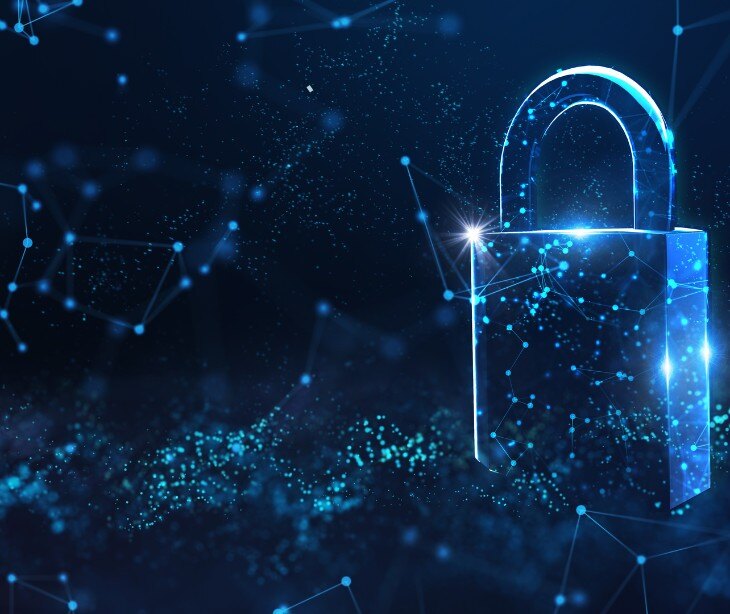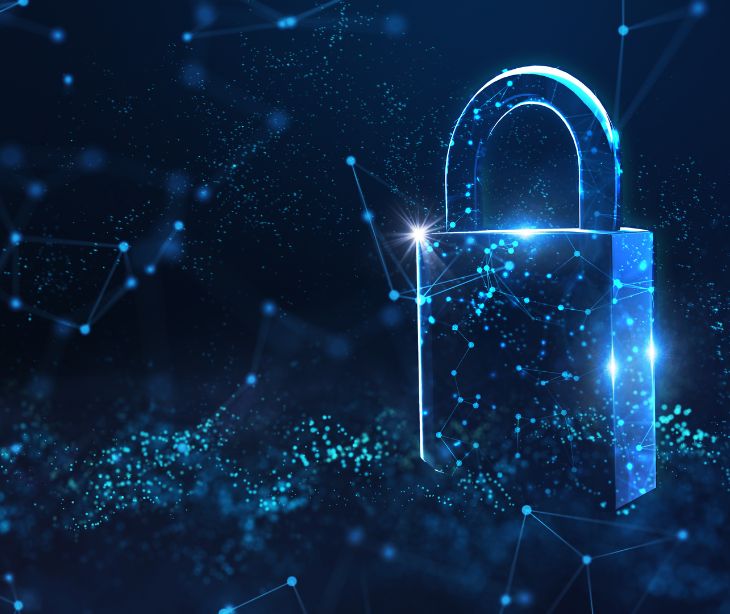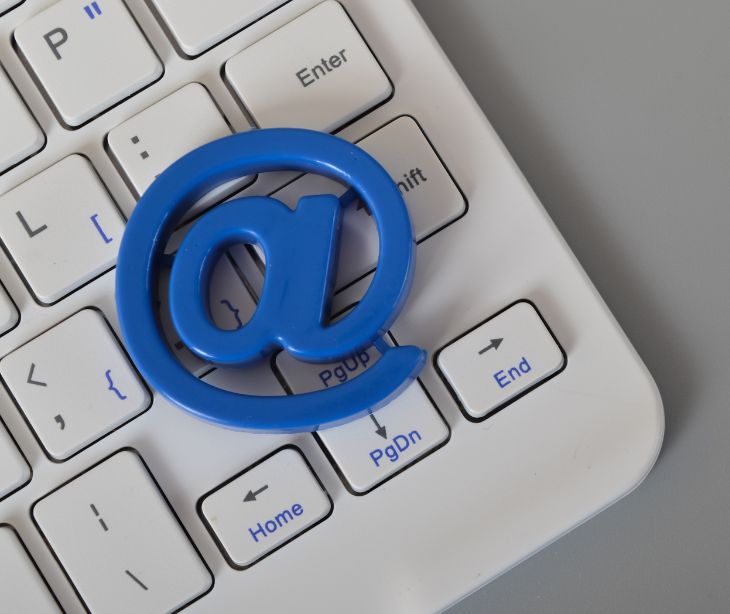
In mental health services, data encryption protects patient privacy by securing sensitive information, like therapy notes, diagnoses, and treatment plans. Encryption can prevent unauthorized access and breaches, maintain HIPAA compliance, and increase patient trust.
HIPAA in mental health services
HIPAA regulations for protected health information (PHI) are outlined in the Security Rule, which requires encryption to be used when appropriate. The HHS clarified that the rule “permits covered entities to determine whether the addressable implementation specification is reasonable and appropriate for that covered entity. " Generally, it’s better for organizations to be cautious and encrypt information whenever possible.
Related: What is the difference between addressable and required implementation specifications?
Benefits of data encryption
Protect sensitive information
Mental health records contain sensitive data, such as therapy notes, medication lists, and patient histories. Encrypting information ensures it remains confidential and inaccessible to unauthorized actors. When data is encrypted, the data is scrambled, preventing unauthorized access for those without the decryption key. In turn, authorized actors are given access by authenticating their identity.
Related: What happens to your data when it is encrypted?
Secure communication channels
Mental health professionals often communicate with patients via email and teletherapy platforms. Encrypting these communications through services like HIPAA compliant email, ensures follow-up information, appointment reminders, and other communication, remains private. Similarly, encrypted teletherapy sessions protect patient confidentiality during remote consultations.
Preventing data breaches
Data breaches in healthcare can have devastating consequences, including identity theft and loss of patient trust. Encryption mitigates the risk of data breaches by rendering the information unreadable to unauthorized users. Even if encrypted data is intercepted, it cannot be deciphered without the correct decryption key, significantly reducing the risk of exposure.
Enhancing patient trust and compliance
Implementing encryption builds and maintains patient trust by demonstrating a commitment to safeguarding their privacy. It also helps mental health providers comply with HIPAA regulations, avoiding potential penalties and legal issues.
Implementing data encryption in mental health practices
- Choosing the right encryption solutions: Consider ease of use, compatibility with existing systems, and the level of security provided. Practices may need email services, encrypted text messaging platforms, and encrypted storage solutions for electronic health records (EHRs).
- Encrypting stored data: Organizations should also encrypt stored data, including data on mobile devices and laptops used by mental health practitioners.
- Encrypting data in transit: Encrypting data in transit protects information sent over networks.
- Staff training and awareness: Train staff on policies and procedures for encryption. Ensure staff know the importance and process for encrypting data, as errors are a leading cause of accidental breaches.
FAQs
What should mental health professionals do if they suspect a data breach despite encryption measures?
Report the breach to the organization's compliance officer or designated security personnel to initiate an investigation and mitigate potential risks to patient information.
Can encrypted data be shared with other healthcare providers securely?
Encrypted data can be shared securely with other authorized healthcare providers if they are granted access with the appropriate encryption protocols, like a decryption key.
Is there a difference between encryption for emails and encryption for stored data?
Yes, while both involve securing data, email encryption focuses on protecting information during transmission. Encryption for stored data ensures data remains secure while at rest on servers, computers, or mobile devices.
Subscribe to Paubox Weekly
Every Friday we'll bring you the most important news from Paubox. Our aim is to make you smarter, faster.



